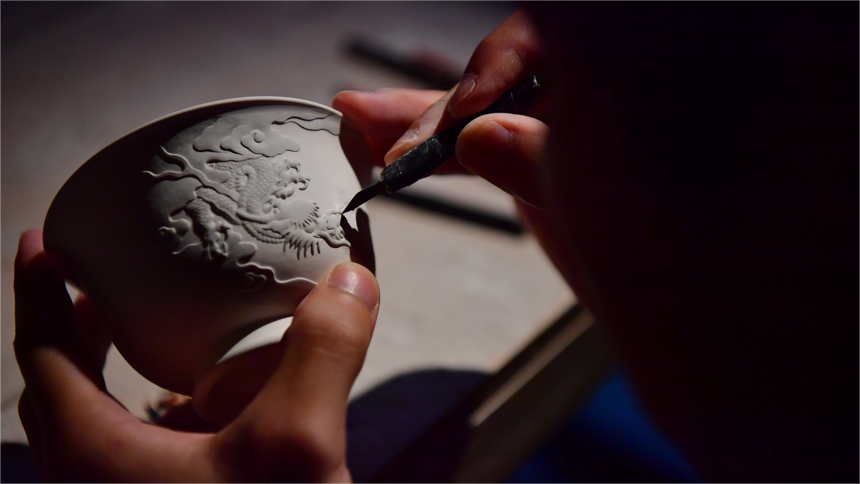South Africa's fishing sector balances sustainability with growth
In a historic move, the South African government allocated 15-year fishing rights to 62 small-scale cooperatives in Western Cape Province in late 2023. This milestone marked the first time these rights had been granted in the province's history, formally integrating Western Cape fishing communities into the fishing sector and ending the interim relief period.
Minister of Forestry, Fisheries and the Environment Barbara Creecy emphasized the significance of this achievement, highlighting how these communities, despite their centuries-long connection to fishing, faced systematic exclusion due to past injustices that hindered their participation in fishing operations.
South Africa's fishing industry is vital to the nation's economy, providing employment and food security. With a coastline of over 3,000 kilometers, the fishing industry contributes approximately 7.9 billion rand ($421 million) to the country's GDP and employs around 58,000 South Africans.
The Department of Forestry, Fisheries and the Environment collaborates with various stakeholders through its Scientific Working Groups to promote sustainable fishing practices. These groups, which include industry associations, small-scale fisheries, recreational fisheries, research organizations, academia, and environmental NGOs, analyze data and set annual catch limits for each resource, according to Peter Mbelengwa, chief director of communication advocacy at the department.
The latest survey on the Status of the South African Marine Fishery Resources 2023, conducted by the department, found that approximately 66 percent of assessed fish stocks in South Africa are considered abundant or optimally exploited, while 34 percent are depleted or heavily depleted. Despite these challenges, South Africa's fish stocks have significantly improved over the past eight years. In 2012, only 46 percent of stocks were deemed not of concern, increasing to 49 percent in 2014, 52 percent in 2016, and 61 percent in 2020.
Mbelengwa also highlighted the challenge of balancing ecological sustainability with social and economic needs, which is crucial for maintaining marine biodiversity and the livelihoods of those dependent on fishing.
The department supports innovation in the fishing industry, working with various fisheries to test and implement new technologies that enhance sustainable practices and improve efficiency. Their primary goal is to maintain optimally exploited fisheries and recover depleted ones. This involves ongoing monitoring, research, and adaptive management practices. Consumers can support these efforts by purchasing sustainably sourced fish from legitimate right holders and licensed outlets, as public participation in sustainable practices is crucial for the long-term health of marine ecosystems.
In the fourth quarter of 2023, the agriculture, forestry, and fishing sector experienced a 9.7 percent decrease in economic activity, primarily due to reduced output in field crops, animal products, and horticulture products. This decrease in the industry contributed a 0.2 percentage point decline to overall GDP growth for the quarter.
South Africa's fishing industry relies heavily on exports, with both standard and premier fish products highly sought after on international markets. Hake, pilchards, and snoek are exported in large quantities to Africa and Europe, often processed and packaged for convenience and long shelf life.
Louanne Serfontein, Senior Marketing Communications Manager at the Marine Stewardship Council (MSC), commented that seafood is vital in feeding the growing global population, supporting food security, reducing malnutrition, and building resilient food systems. In Africa, "blue foods" are essential for safeguarding livelihoods and economies.
The MSC is an international non-profit organization that sets globally recognized standards for sustainable fishing and the seafood supply chain. Fisheries, representing 19 percent of the world's wild marine catch, are engaged in its certification program, ensuring over 2,225 improvements in fishing practices. Currently, more than 20,000 seafood products carry the blue MSC ecolabel.
The South African hake trawl fishery has been certified to the MSC Fisheries Standard since 2004, achieving numerous environmental, social, and economic benefits over the last two decades. These include rebuilding stocks, reducing seabird interactions, improving bycatch management, and understanding benthic impacts to promote responsible ecosystem-based fisheries management.
South Africa has committed to an "ecosystem approach to fisheries management" (EAF), extending management beyond single species to entire marine ecosystems. Since 2006, permit conditions for all sectors in the hake fishery have included clauses aimed at addressing the ecosystem impacts of fishing, representing concrete steps toward EAF implementation in South Africa.
The Fisheries Research and Development Department encourages collaboration, supports research, and promotes sustainable practices to ensure the future of South Africa's fishing industry remains vibrant and sustainable.
Overfishing remains a significant challenge, with some stocks fished beyond sustainable levels. The United Nations Food and Agriculture Organization estimates that about 34 percent of global fish stocks are trawled beyond sustainable levels.
Despite these challenges, the industry has growth opportunities. Developing new markets in Africa, the Middle East, and South America could reduce dependence on traditional markets. Aquaculture, or fish farming, presents another growth opportunity, offering sustainable seafood production methods.
Photos
Related Stories
- South Africa welcomes ICJ's order for Israel to stop military operations in Gaza
- South Africa's Absa Group taps Chinese market with Beijing subsidiary
- New energy innovations and the future of South Africa's energy sector
- Job Fair 2024 of Chinese-Invested Enterprises in South Africa attract thousands of job seekers
- South Africa's wine industry: Overcoming challenges and embracing growth
- South Africa releases white paper on electric vehicles to facilitate economic growth
- 6 soldiers killed in fire at South African military base
Copyright © 2024 People's Daily Online. All Rights Reserved.









